Voters lash Anthony Albanese on cost of living: poll
Just 13 per cent of voters think Anthony Albanese is doing enough to address cost-of-living pressures.
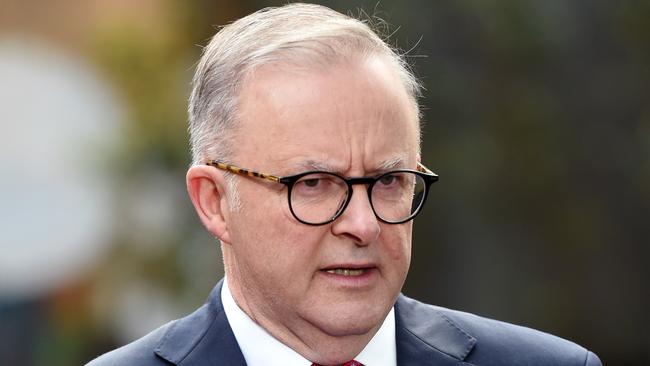
Just 13 per cent of voters think Anthony Albanese is doing enough to address cost-of-living pressures and only a quarter believe the economy is being managed well, according to secret industry polling.
The Australian has obtained results of a survey of more than 3000 people conducted by CT Group showing national security is the only issue a majority of Australians believe is being well handled by the Albanese government, with a net approval rating of 25 per cent.
The government’s worst numbers were on addressing the housing shortage, with a net disapproval rating of minus 58 per cent following a relentless campaign on the issue by the Greens.
The government also registered net negative ratings on the voice (-7 points), health (-10 points), immigration (-11 points) and regional healthcare (-25 points).
The Prime Minister’s personal standing has “declined steeply” by nine points since March, with his net approval rating at plus 6 per cent.
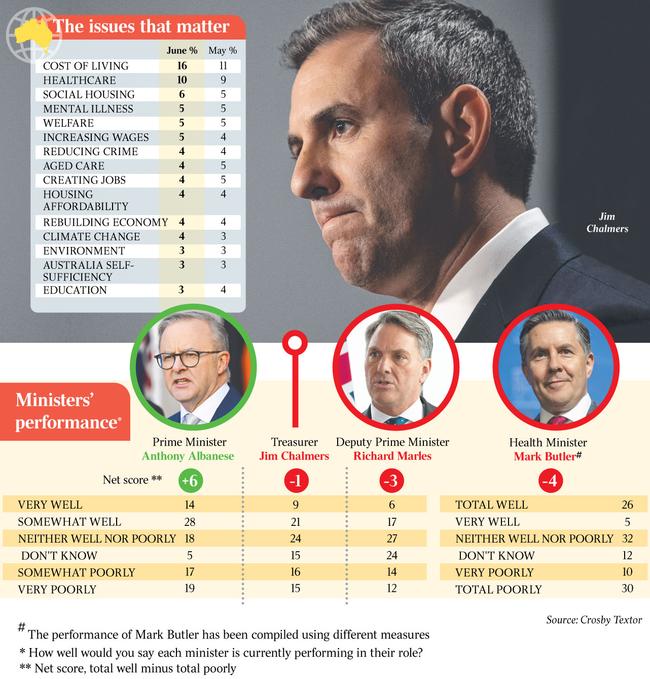
But Mr Albanese is faring better than his most senior ministers, with Treasurer Jim Chalmers slipping to net negative territory (-1 point) along with Deputy Prime Minister Richard Marles (-3 points) and Health Minister Mark Butler (-4 points).
The polling, leaked to The Australian by a political source, was commissioned by British American Tobacco as the industry prepares to campaign against the government’s ban on vaping.
CT Group – also known as Crosby Textor – provides internal polling for the Liberal Party and has more recently joined the Yes campaign for the voice to parliament.
“Protecting Australia’s national security is the only issue Australians believe the government is managing well,” CT Group said in the survey results.
“All other issues are negative.”
The survey showed 36 per cent of respondents believed the government was doing “very poorly” in providing cost-of-living relief, with another 30 per cent saying the government was doing “somewhat poorly” on the issue.
This equated to a net negative rating of minus 50 per cent, with no one saying the government was managing cost of living “very well” while 13 per cent of respondents believed the issue was being handled “somewhat well”.
There are also worrying signs for the government over its management of the economy, with a net approval rating of minus 24 per cent on the issue.
This included 22 per cent of respondents who argued the government was handling the economy “very poorly” and a further 27 per cent who said it was being handled somewhat poorly.
Twenty-four per cent of people were neutral on the government’s handling of the economy, while a quarter of respondents backed Mr Albanese’s handling.
The negative responses to the government’s management of most issues was replicated across Australia, according to the research.
“Every state believes the government is managing most issues poorly; protecting Australia’s national security is the only issue where states agree the government is managing well,” CT Group said in the survey results.

The most important issue for voters was reducing the cost of everyday goods and utilities, with 16 per cent saying it was the top priority, up from 11 per cent in March.
The survey comes amid concern within Labor ranks over the government’s management of the voice to parliament campaign.
Some Labor MPs are concerned the issue appears to be dominating the political debate and drowning out the work the government was doing to ease cost-of-living pressures.
Other MPs are concerned the cost-of-living pressures were drowning out the government’s ability to prosecute the need for the voice.
The 15-20-minute survey was conducted between May 29 and June 12. CT Group did similar research for the tobacco company between March 5 and March 20, allowing for a comparison.
When contacted by The Australian, BAT Australia head of external affairs John Trezise would not comment on the political results of the research.
But he said it was “telling” that the polling showed respondents held little confidence in prohibition working to stop youth access to vaping.
“Research has consistently shown the Australian voting public want a different approach to vaping laws from what they’re currently seeing,” he said.
“This research shows strong support for strictly regulating the sale of vaping products to people over the age of 18, in the same way tobacco and alcohol products are sold.”




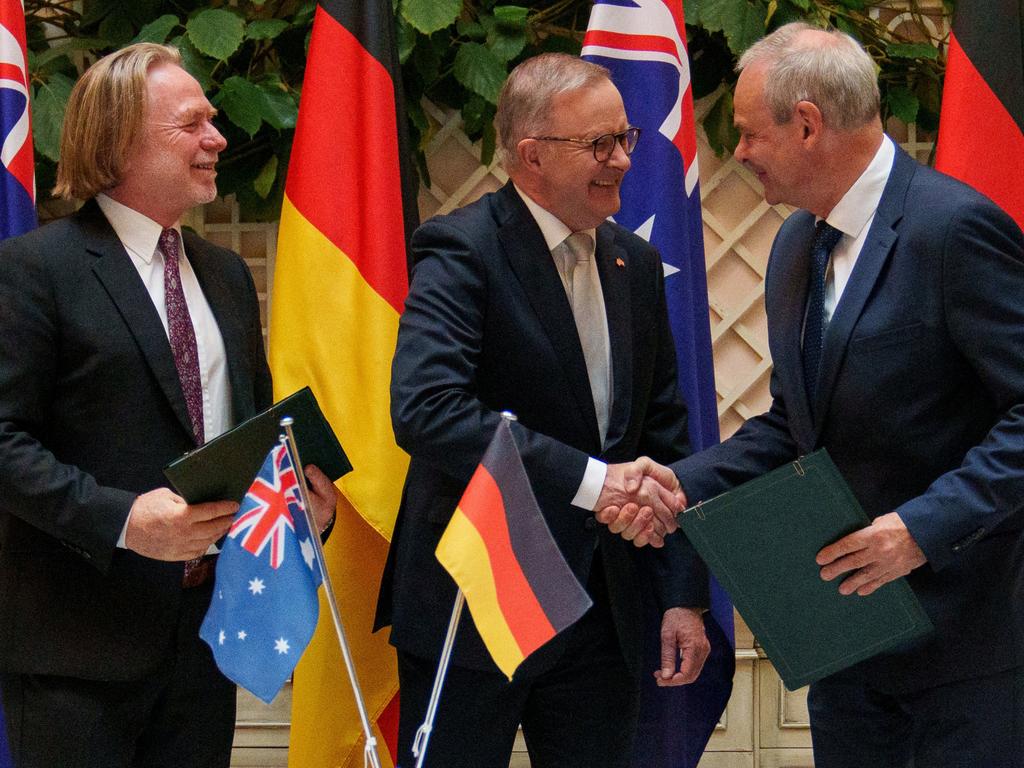
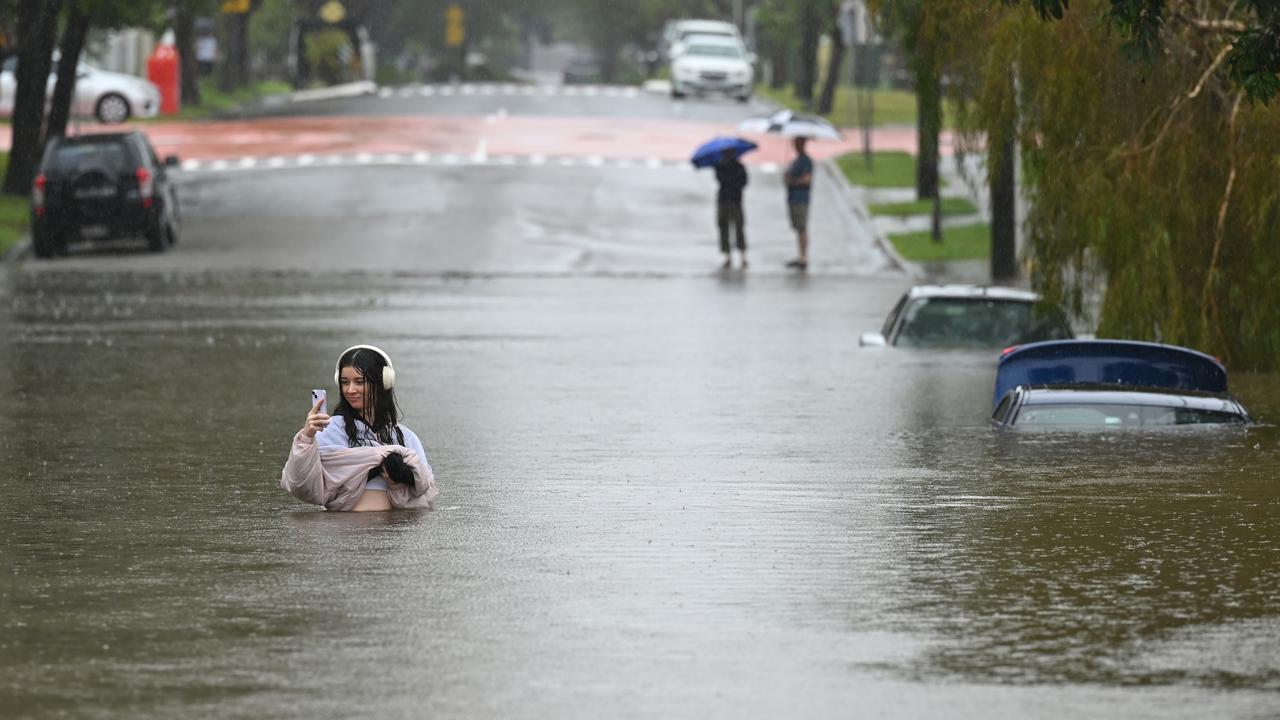
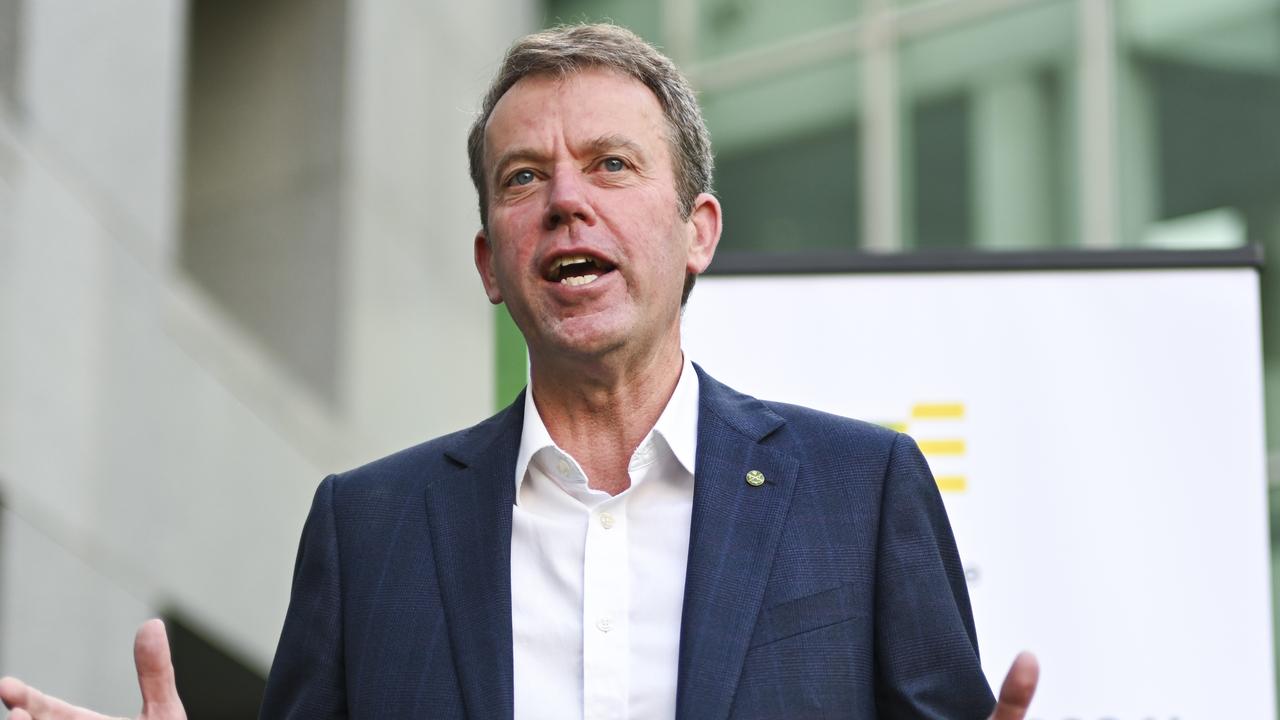
To join the conversation, please log in. Don't have an account? Register
Join the conversation, you are commenting as Logout